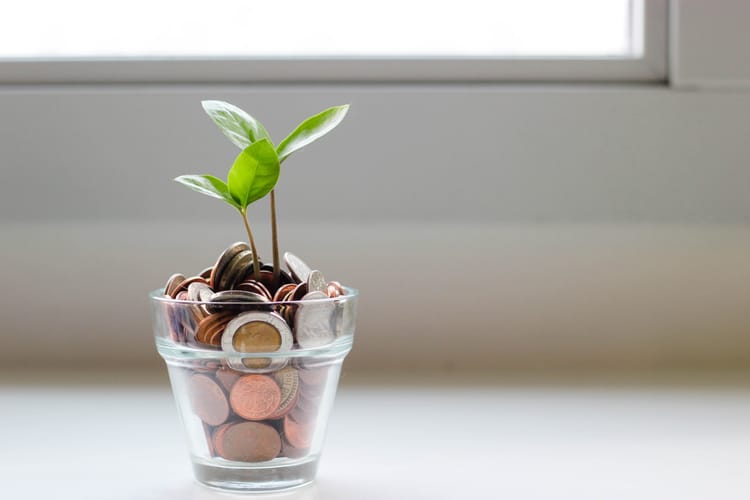On Boxing
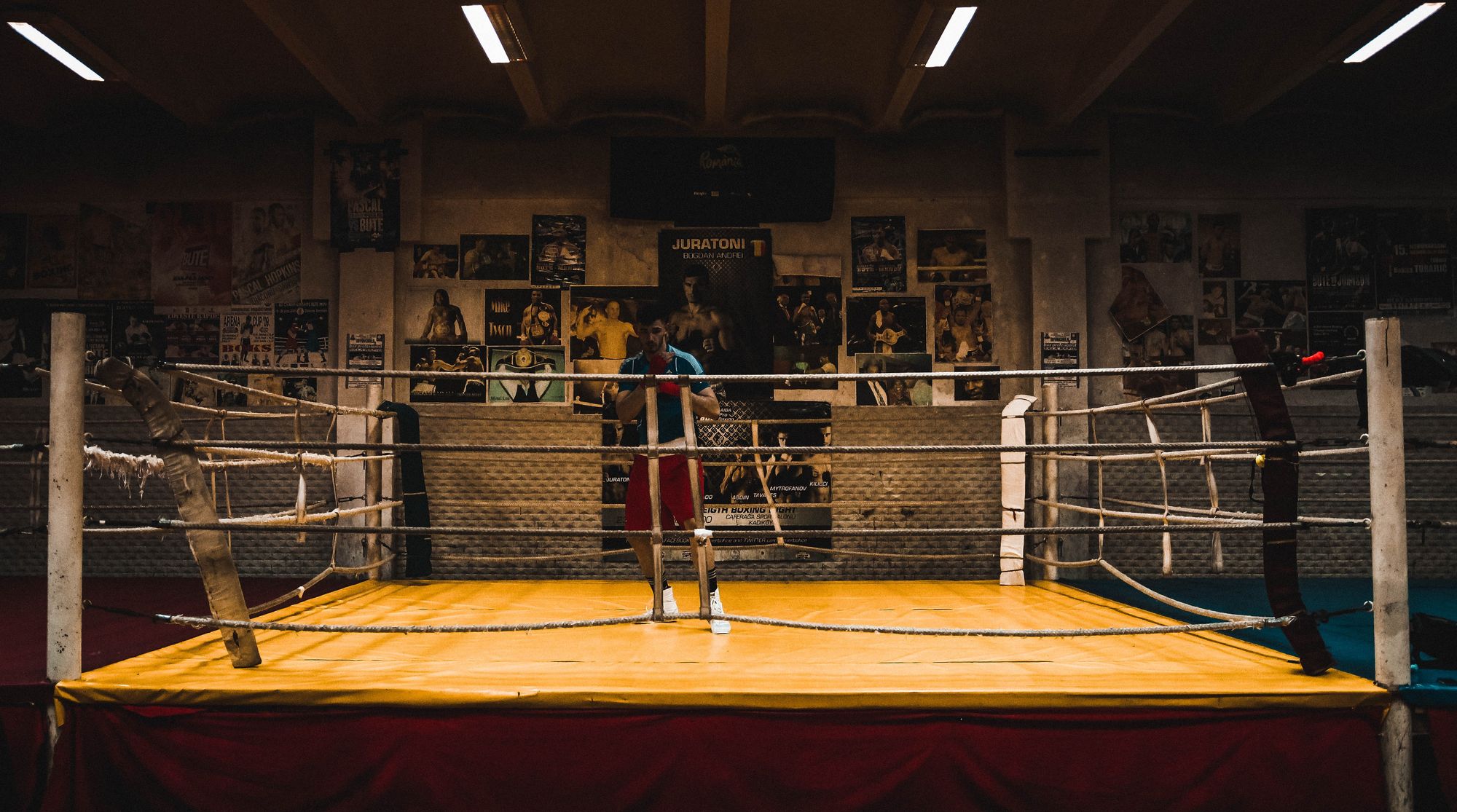
The Struggle
Most adults don’t challenge themselves: physically, mentally, or emotionally. Once we move up Maslow’s hierarchy and have a stable career and decent relationships, it’s all too easy to fall into a pattern of either throwing ourselves into a bullshit job or clocking in at work and living through escapist hobbies and our children.
Being a kid is in many ways much harder than being an adult. Looking back on childhood, it’s easy to forget how much we struggled and sucked at new things: how many years it took to become competent readers, writers, or athletes.
I’m convinced that this struggle, the discomfort that comes with being awful at something (not neural plasticity or any other convenient excuse), is what separates children from adults when it comes to learning new skills. Children don’t have expectations of competence, so they are willing to struggle to become good. Adults give up during the pain period.[1]
Personally, it has been easy for me to slip into this rut athletically. I was a good football player in high school, played for a year in college, and have always gravitated towards weightlifting as opposed to any endurance sport. Essentially, I have the perfect body for lucha libre.
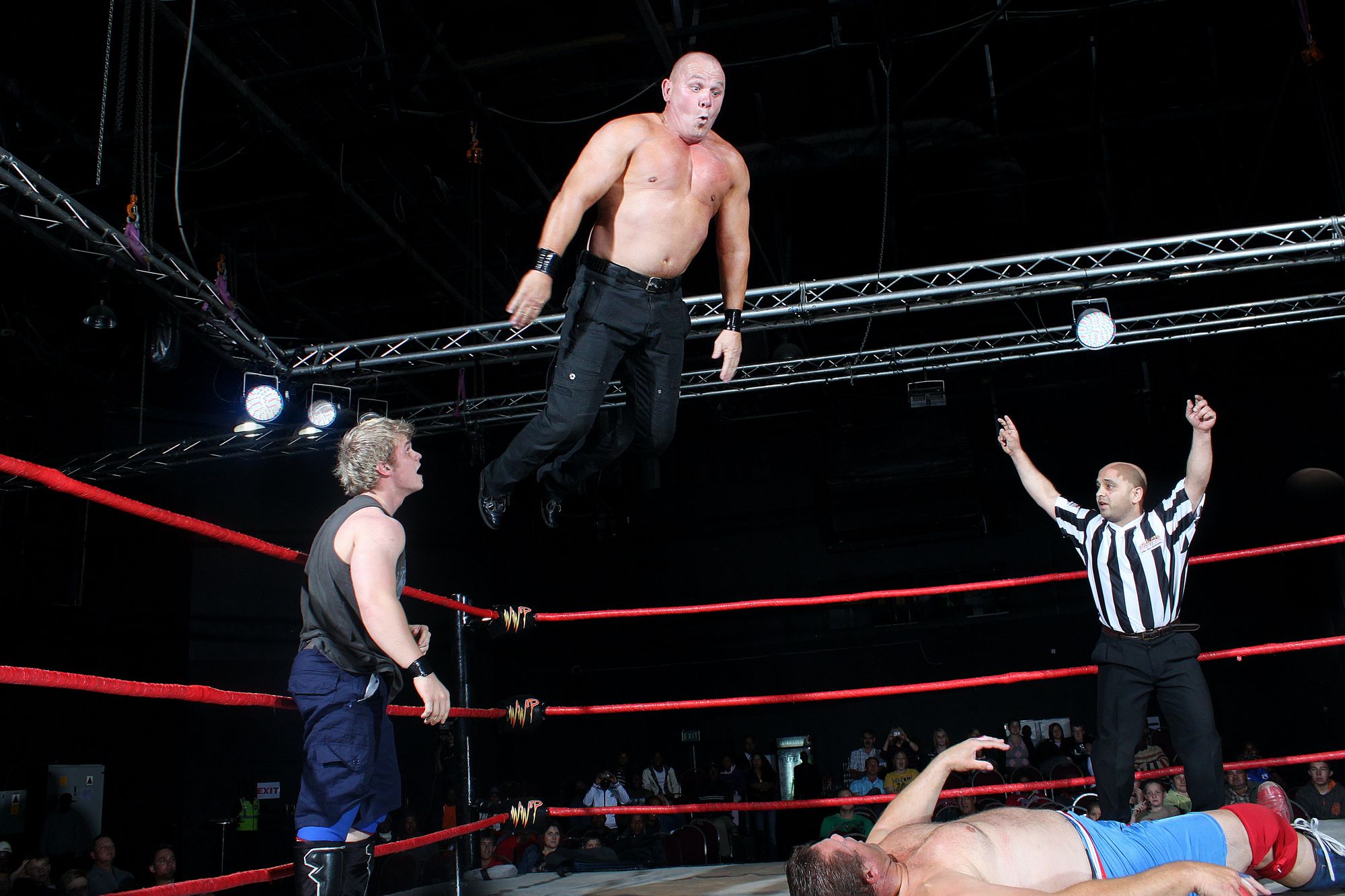
After several years of on-and-off strength training, I was knocked down by an appendectomy. That experience – the realization that, contrary to the popularly-held belief of all men in their 20s, I was not invincible – spurred me into action. Unless I got my ass into motion, this would be my athletic pinnacle. I only have a few years left for any big athletic accomplishments.
Armed with this new humility, I walked into Trinity Boxing Club, an old-school, no-nonsense boxing gym in Lower Manhattan. I was craving the physicality of sport that I had missed out on since I had quit playing football. I also had an unspoken pipe dream of competing in the Golden Gloves.
I only trained hard for about six months before COVID shut down the gym, putting my plans on hold. But even in that short time, I fell in love with boxing. Here’s what I learned.
Just Show Up
Showing up is 80% of the battle. Even on days that you don’t feel like training, you need to drag yourself to the gym. There’s no substitute for putting in those reps.
Natural ability is just a starting point. After that – whether it's boxing, learning to code, entrepreneurship, relationships, you name it – you need to put in focused hours to become a champion.
Control Your Emotions
The difference between children and adults is that children are controlled by their emotions, but adults are in control of theirs. By this definition, most people never become adults.
Through boxing, you learn how to control your emotions. The first time that I stepped into the ring to spar, my adrenaline was pumping so hard that I was gasping for air after just 15 seconds. Over time, with more reps (see Just Show Up), I learned to calm down. My fear and anxiety were biological suggestions – not imperatives.
Boxing is pain. In a fight, the best case scenario is that you keep your hands up so you don’t get punched in the face...so then your body gets destroyed. Every part of training sucks. You're gasping for air, your muscles are screaming.
But you learn to embrace this grind. You push on despite your pain. You laugh at it. In boxing, as in life, growth comes not despite pain, but because of it.
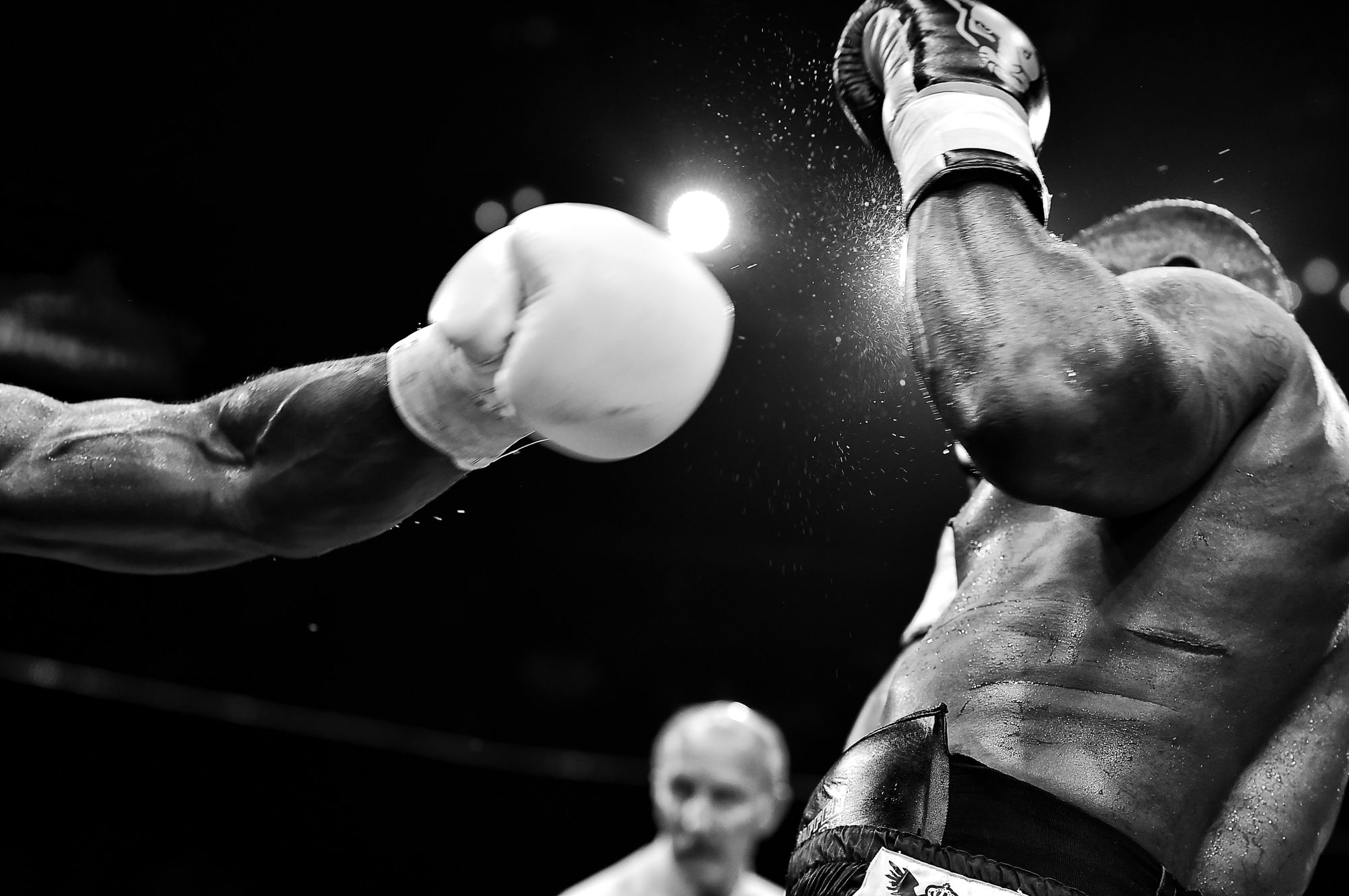
Confidence
In individual sports like boxing and chess, there are no teammates to lean on. There are no excuses for why you didn’t win, no one else to blame when things go wrong. You are the man in the arena.
So when you step into the ring to square off against someone bigger and stronger than you for the first time, it can be terrifying. But you will survive it. And suddenly, your problems at work don’t seem so big. When you've faced your anxieties in the ring and lived to fight another day, you are better prepared to face them in other areas of your life.
Humility
Paradoxically, boxing also causes you to lose your ego. You will be awful at first. Everyone is. When I stepped into the gym for the first time, I thought I knew how to throw a punch. I didn’t.
You’ll see guys who you think you should be able to knock out with one punch ruin you with technique. You’ll find out how out of shape that you are. And until you put on the gloves to spar, you’ll realize you had no idea just how long three minutes could be.[2]
Nobody cares what brought you to the gym. Girlfriend dumped you? Lost your job? Good. It doesn’t matter what color your skin is or whether you put on work boots or a suit in the morning. Everyone is there to work hard and improve; that’s all that matters.
Men Need to Fight
Men have a biological need to fight and physically compete. When I played football, the thing that gave me the most joy wasn’t having the ball in my hands or even scoring a touchdown, but rather a big hit: physically imposing your will on another man. There is something primal in this, reminiscent of the Greek thumos.
I’ve argued that society is experiencing a crisis of masculinity. Physical sports like boxing help to counteract this. They provide a healthy outlet for male aggression – an enviornment where we can punch one another in the face and then grab a beer afterwards.
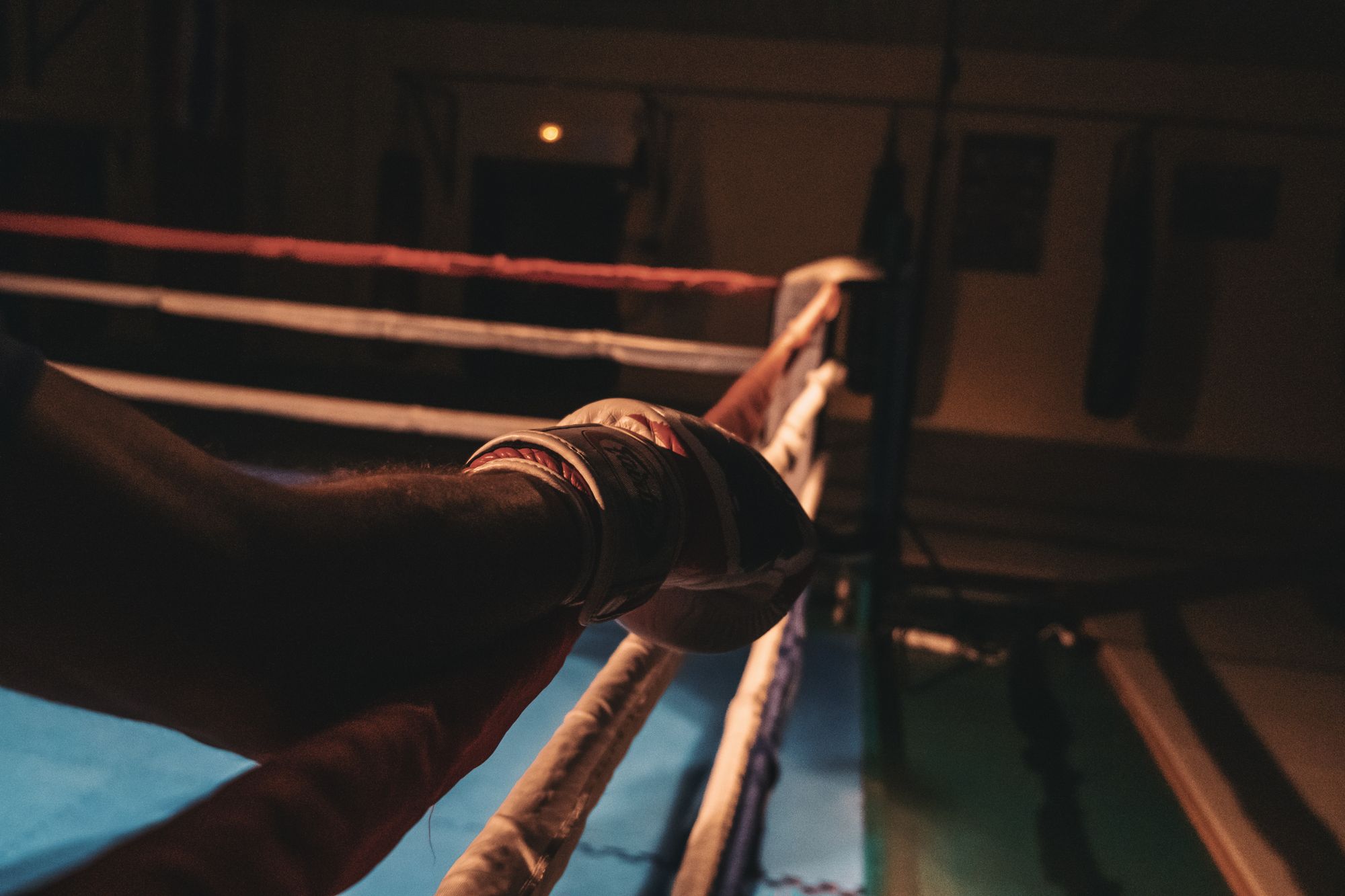
I hated every minute of training, but I said, "Don't quit. Suffer now and live the rest of your life as a champion."
– Muhammad Ali
Here is a germane language-learning example. ↩︎
If you'd like to improve your mental state, though, sparring does wonders. Having done both, I can tell you that three minutes in the ring is better than three months of therapy. ↩︎



